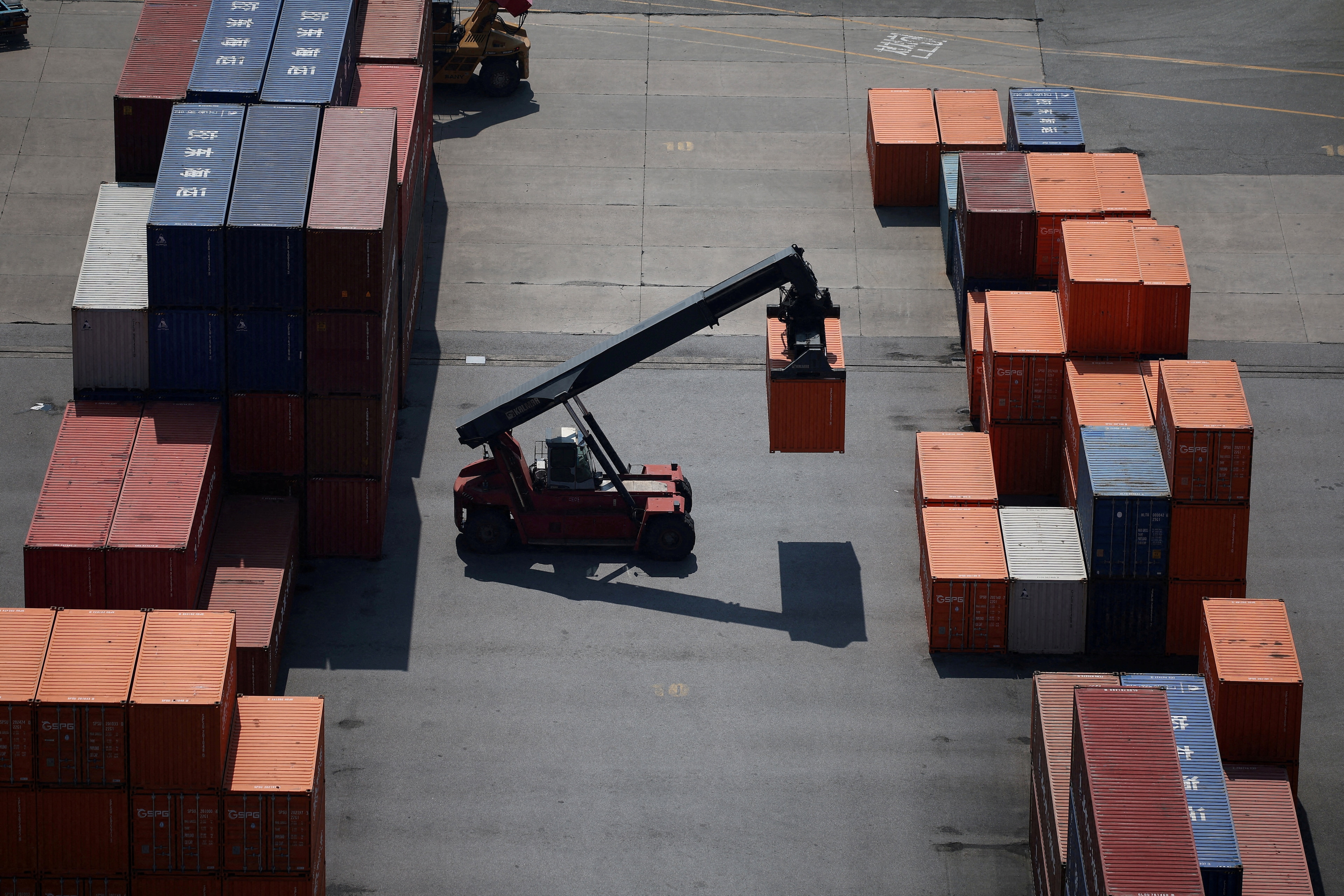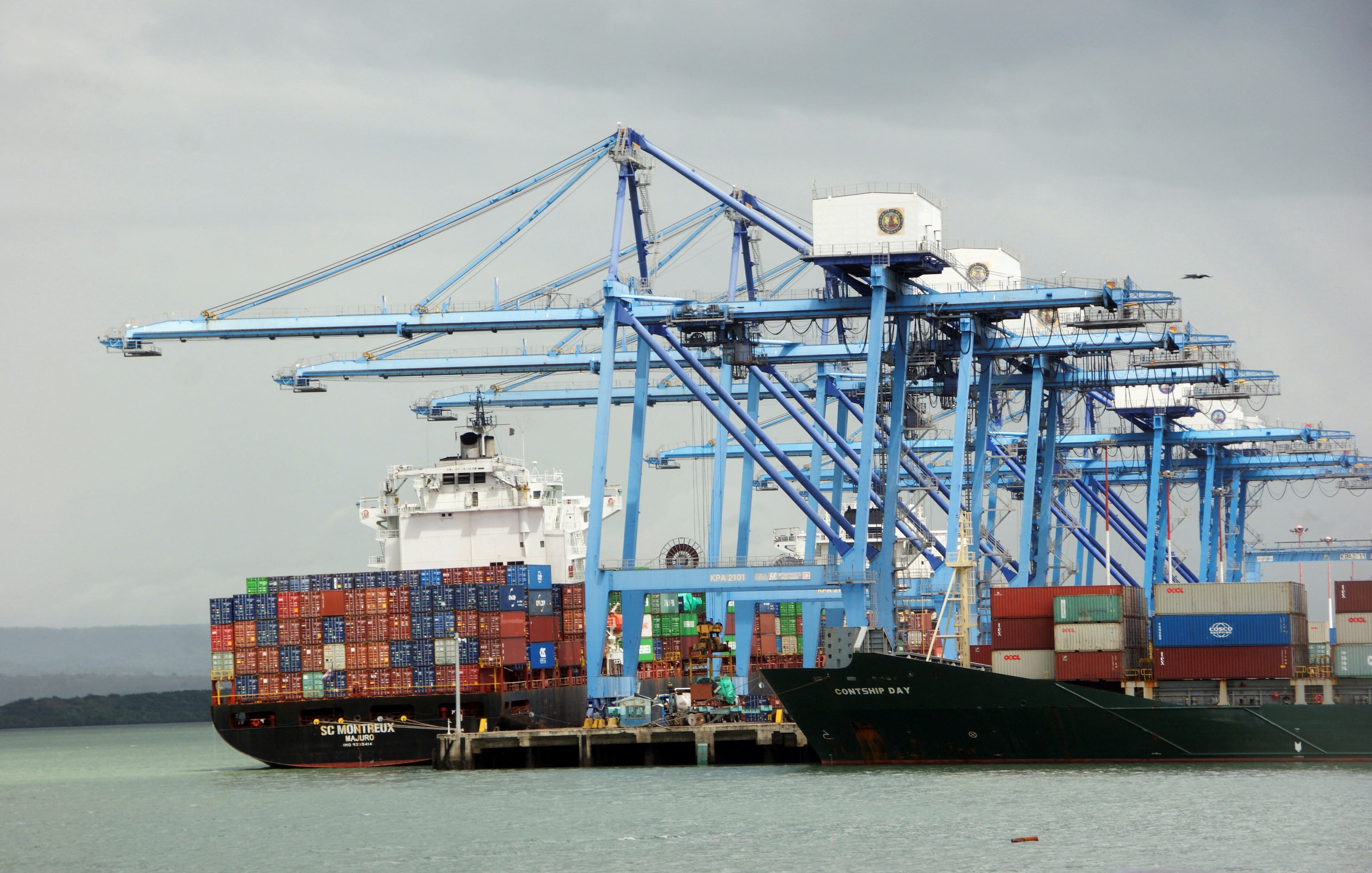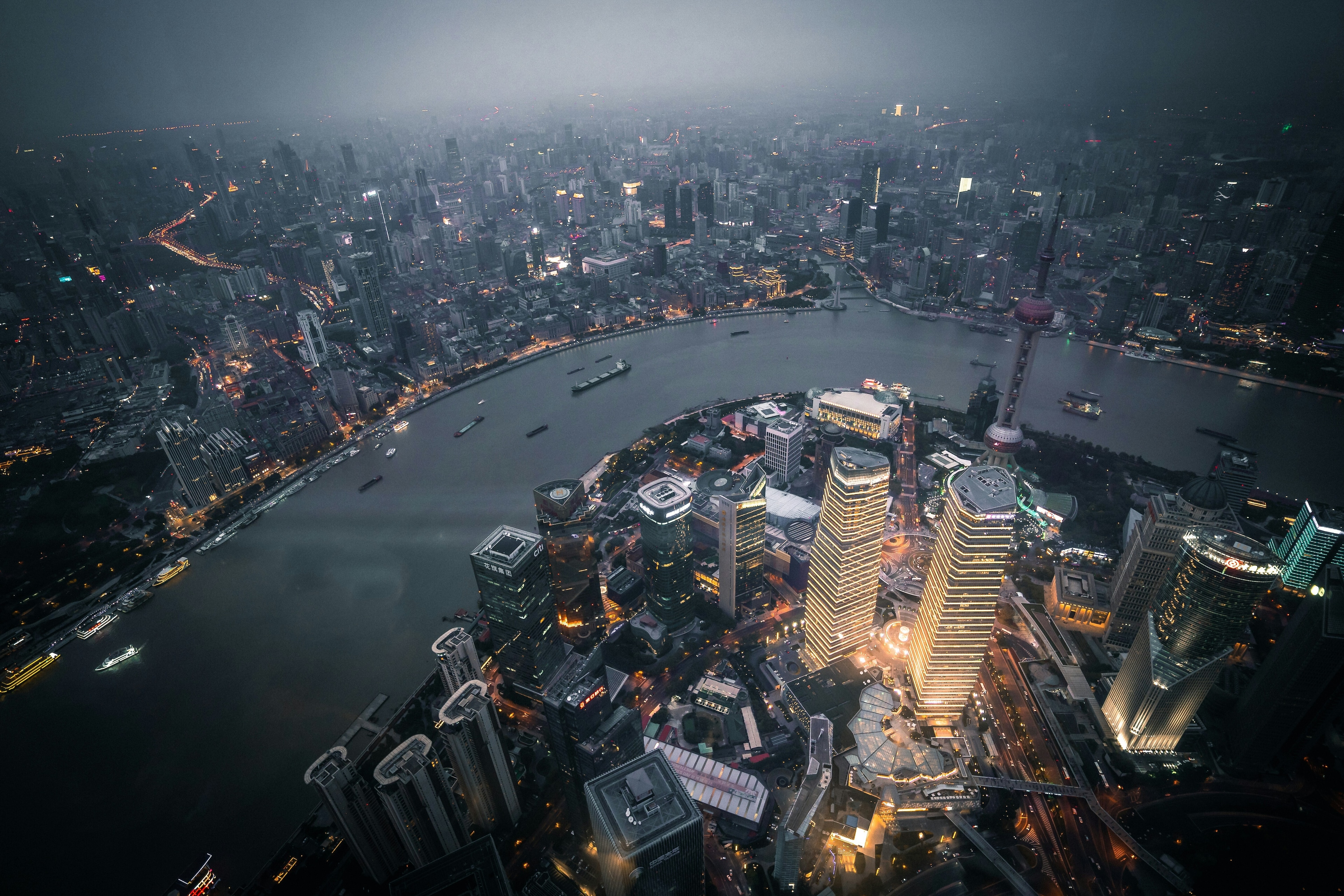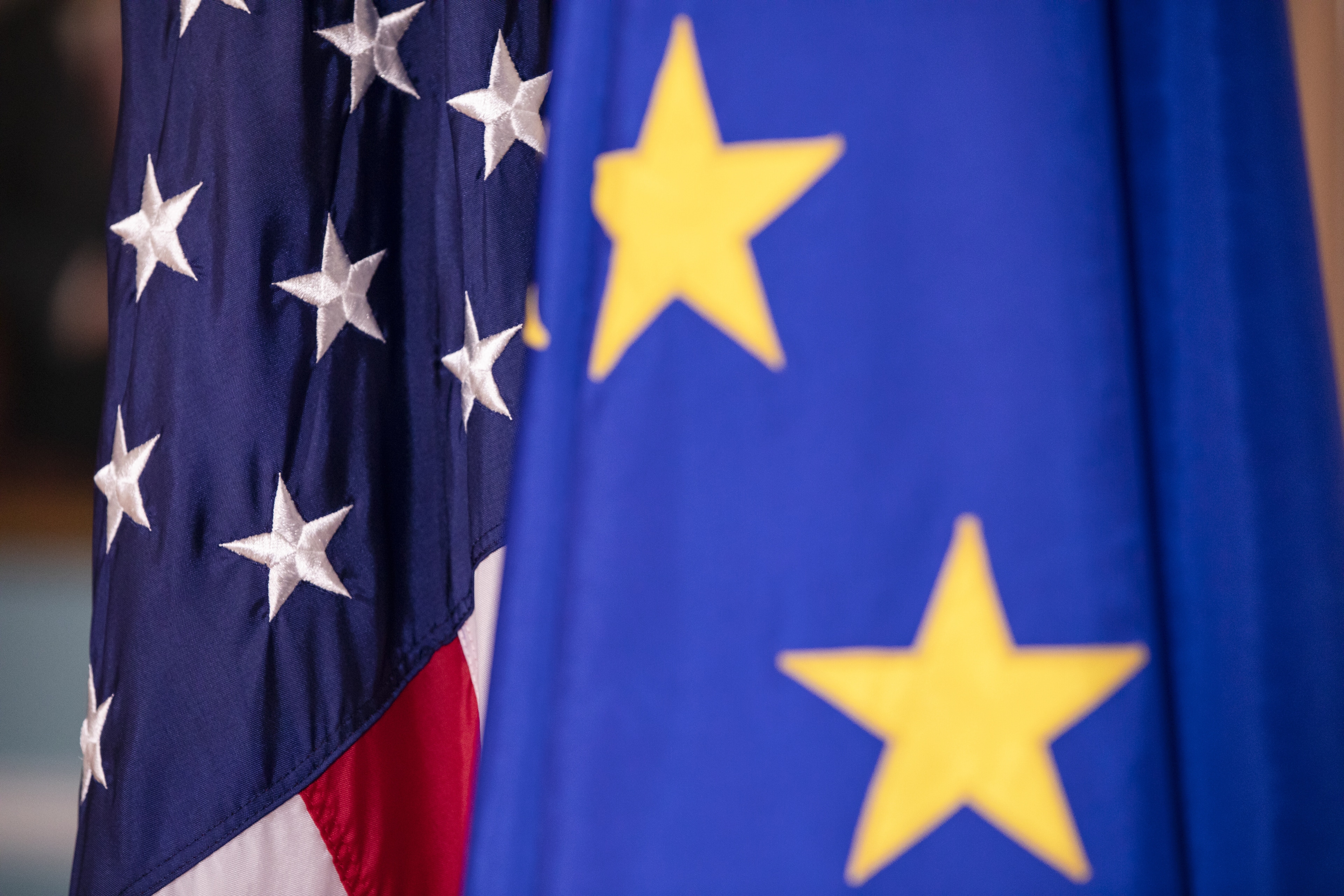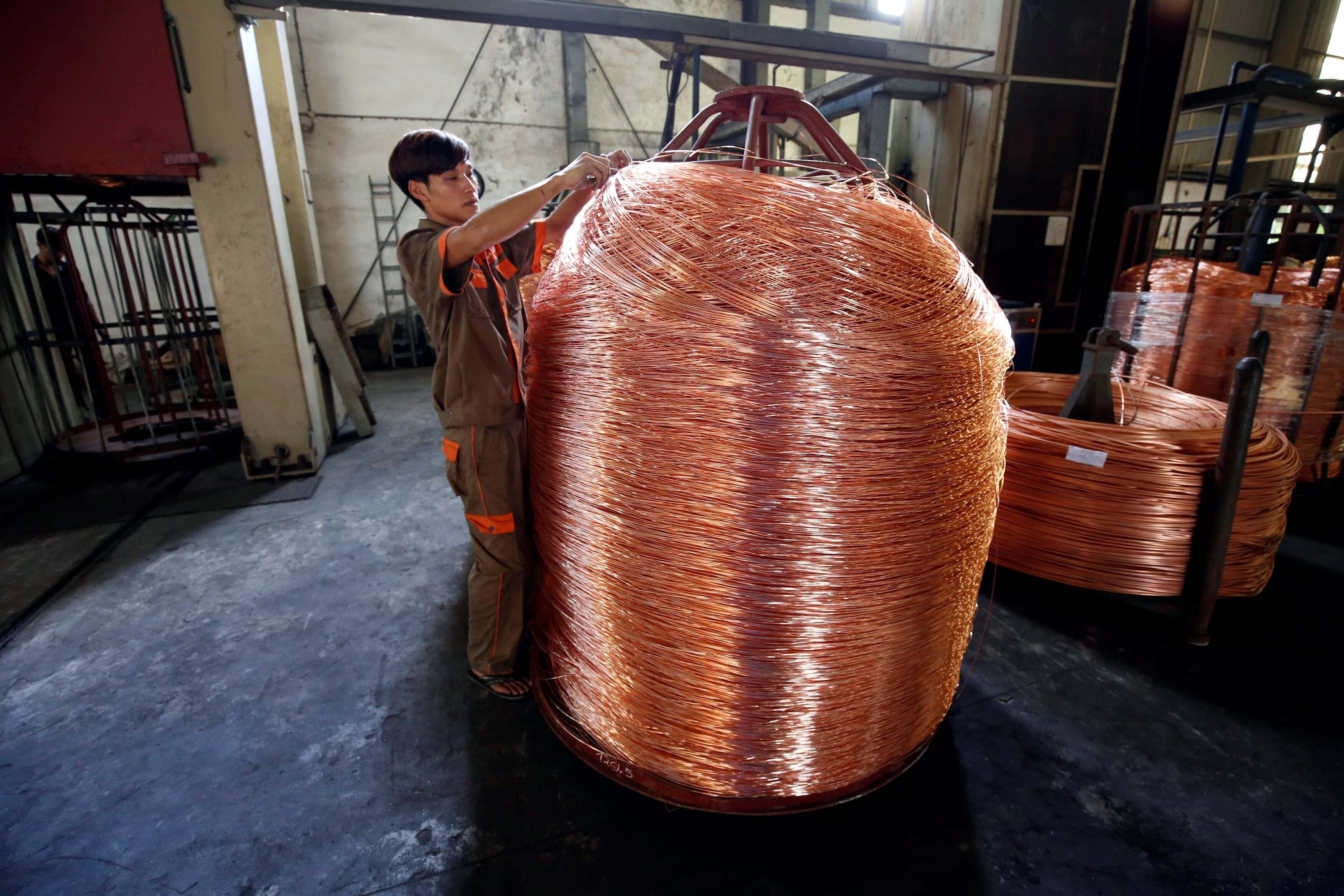How can we strengthen trade in East Asia?

Stay up to date:
Future of Work
In 1848, the economist and philosopher John Stuart Mill wrote: “It may be said without exaggeration that the great extent and rapid increase of international trade, in being the principal guarantee of the peace of the world, is the great permanent security for the uninterrupted progress of the ideas, the institutions, and the character of the human race.”
This sentiment still resonates today, a time of heightened geopolitical tensions in Asia and elsewhere.
Last month, the World Economic Forum released the fifth edition of its Global Enabling Trade Report (GETR). Successful integration into the global economy depends on a number of measures and policies. These include steps to reduce border obstacles, such as tariffs and non-tariff barriers to improve market access, as well as efficient border administration, better infrastructure and telecommunications, and improved security and regulation.
There is mounting evidence that these measures, under the heading of trade facilitation, are becoming more important than tariffs and non-tariff barriers in determining trade costs.
The GETR reveals that significant trade barriers remain, preventing countries from reaping the rewards of international trade and accelerating their development. Not surprisingly, developing countries face the greatest obstacles.
The assessment ranks 138 economies on their ability to enable trade, and the list is topped by Singapore, Hong Kong SAR and the Netherlands.
ASEAN members span the entire ranking; behind Singapore, Malaysia sits in 25th place. Thailand is 57th, Indonesia 58th and the Philippines 64th. Myanmar, at 121st, is the lowest ranked ASEAN economy.
Other countries in the region suffer, to various degrees, from a lack of transport infrastructure and logistics, poor connectivity, red tape and corruption. The realization of the ASEAN Economic Community hinges on its capacity to ease these barriers to trade.
There are numerous ways to do this. Those aimed at improving market access are currently the subject of intense negotiations as governments try to balance the interests – often diverging – of various parties. Given the current fragility of the global economy and state of international governance, it is unlikely that any significant progress in market access negotiations will be made in the near future. Measures to address infrastructure bottlenecks and connectivity gaps are part of a broader development strategy.
By contrast, improving efficiency and transparency of customs procedures can generate sizeable gains relatively quickly, at a relatively low cost and using limited political capital.
This will benefit exporters and importers alike. It profits governments, too, as improved border administration results in increased revenues through better tax collection.
The World Trade Organization’s Agreement on Trade Facilitation, adopted last December in Bali, has created momentum for these reforms.
Reforming border administration is therefore one of the easiest ways to enable trade.
ASEAN and the world have much to gain. The relation between trade and growth, and in turn between growth and poverty reduction, is well established. A study carried out by the World Economic Forum in 2012 found that if all countries were to improve border efficiency and infrastructure to half the level of Singapore, then exports from South-East Asia would increase by around 12% and regional GDP would increase by 9%.
Another study estimates that the implementation of the WTO Agreement on Trade Facilitation could generate GDP gains in the area of $1 trillion by the end of the decade. In Asia alone, these gains would amount to approximately $450 billion.
For all its virtues, trade is not the answer to everything. While trade helps make the pie bigger, it is a government’s duty to ensure that these gains are equitably shared. It is also the government’s responsibility to ensure people are equipped with the skills to make the most of opportunities brought about by trade.
A century before Mill, Montesquieu, in The Spirit of Laws, observed that “peace is the natural effect of trade. Two nations who traffic with each other become reciprocally dependent.” In the current context, trade remains a means to create prosperity, opportunities and peace.
Author: Thierry Geiger, Associate Director and Economist, Global Benchmarking Network, World Economic Forum
Image: Cargo ships filled with shipping containers are seen docked at Qingdao port in Qingdao, Shandong province, China REUTERS/Stringer
Don't miss any update on this topic
Create a free account and access your personalized content collection with our latest publications and analyses.
License and Republishing
World Economic Forum articles may be republished in accordance with the Creative Commons Attribution-NonCommercial-NoDerivatives 4.0 International Public License, and in accordance with our Terms of Use.
The views expressed in this article are those of the author alone and not the World Economic Forum.
Related topics:
Forum Stories newsletter
Bringing you weekly curated insights and analysis on the global issues that matter.
More on Trade and InvestmentSee all
Madeleine North
August 6, 2025
JJ Enoch
August 6, 2025
Spencer Feingold
July 30, 2025
Charlotte Edmond
July 30, 2025
John Letzing
July 24, 2025
